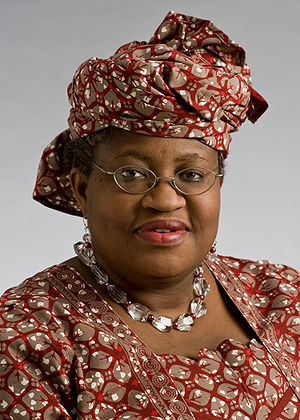Want to help Africa? Do business here was the TED rallying cry by former World Bank MD now Nigeria Finance minister Ngozi Okonjo-Iweala. But, who is going to do business with you if you appeared clueless in the face of the future? Spearheading the controversial plan to scrap fuel subsidies was a mistake as anger sparked unrest forcing banks, petrol stations, manufacturing companies and Nigerian airports to close. President Goodluck Jonathan has gone on national TV to defend the fuel cuts. But words like “I have no intention to inflict pains on Nigerians” and “We must act in the public interest, no matter how tough, for the pains of today cannot be compared to the benefits of tomorrow” missed the point.
Petrol prices in Nigeria are currently very low by international standards at about $0.40 per litre. Many Nigerians regard cheap fuel as the only benefit they get from the nation’s oil wealth. There are compelling arguments for the removal of fuel subsidy, however, the government could have planned it better. The town hall meeting was a disaster of jargon and platitudes. The announcement to remove fuel subsidy was made in a statement from regulators, which said the changes would begin immediately. Petrol prices more than doubled overnight in response and angry street protests followed.
This non-progressive and socially unjust tax has led to chaos in every sector. It was poorly planned and executed hence the angry protests that are threatening other areas like security as we learn that sympathisers of the Islamist Boko Haram group are in government and security agencies. “Downside scenarios included: Nigeria as a failed state, dragging down a large part of the West African region.” Is the game over for Nigeria as people sit at home while their elected representatives take home pay is more than that of US President Obama?
I do not think so. All is not lost in Nigeria, those incompetent lot in the Nigerian government has to do the difficult task of leadership. A U-turn. Admit error and blame God. Rather than tax poor Nigerians. Now, how about taxing those that benefit from Nigeria? A one-off $100Billion 2012 pollution and corruption tax on all multi-nationals will deliver on the economic benefits as we re-plan the removal of petroleum subsidy. Shell, Chevron, P&G, PwC and others have turned around Trillions in US dollars out of Nigeria. Is it wrong to now ask them to share in the benefits of tomorrow?


Beauty, do you agree with him? What’s de significance of such a statement?